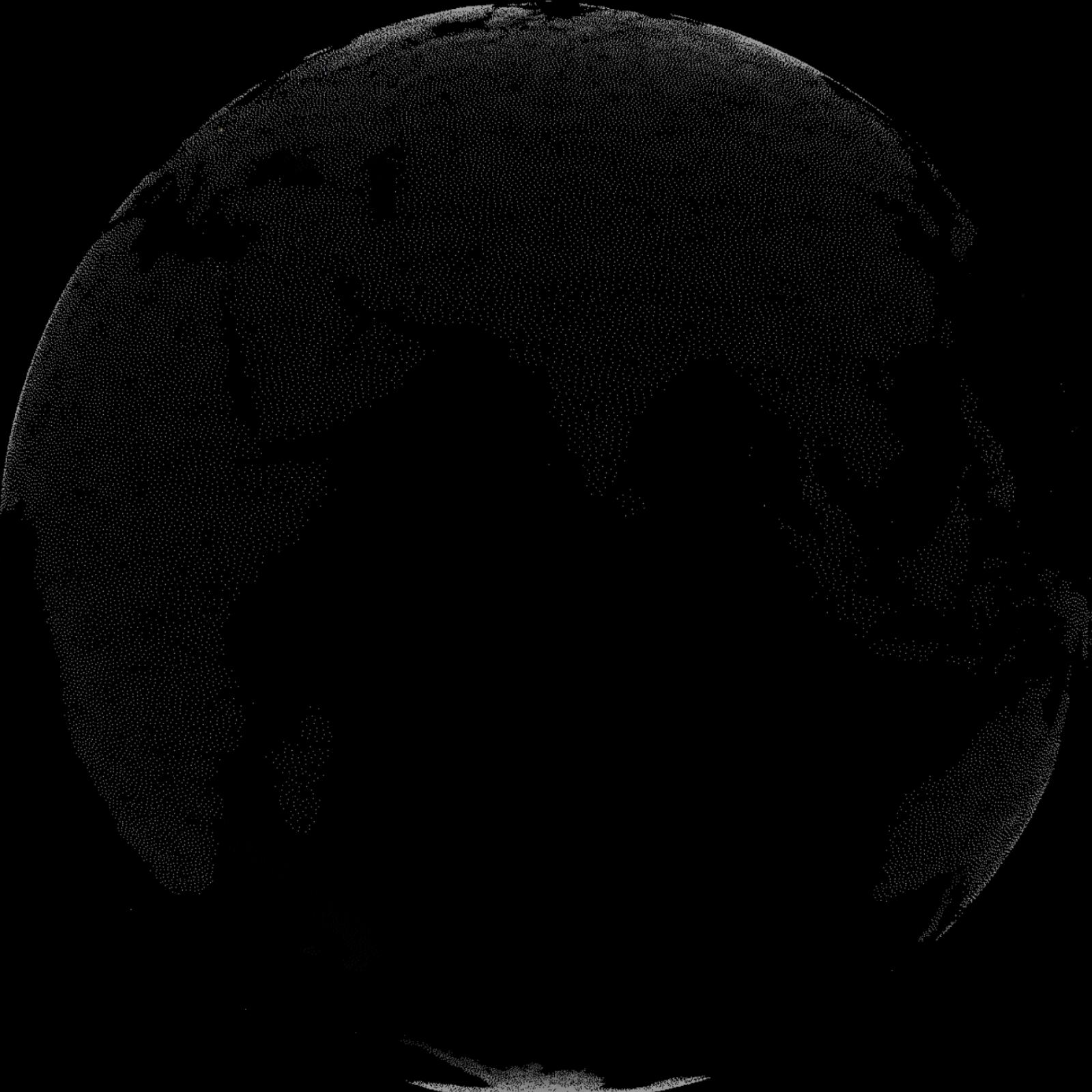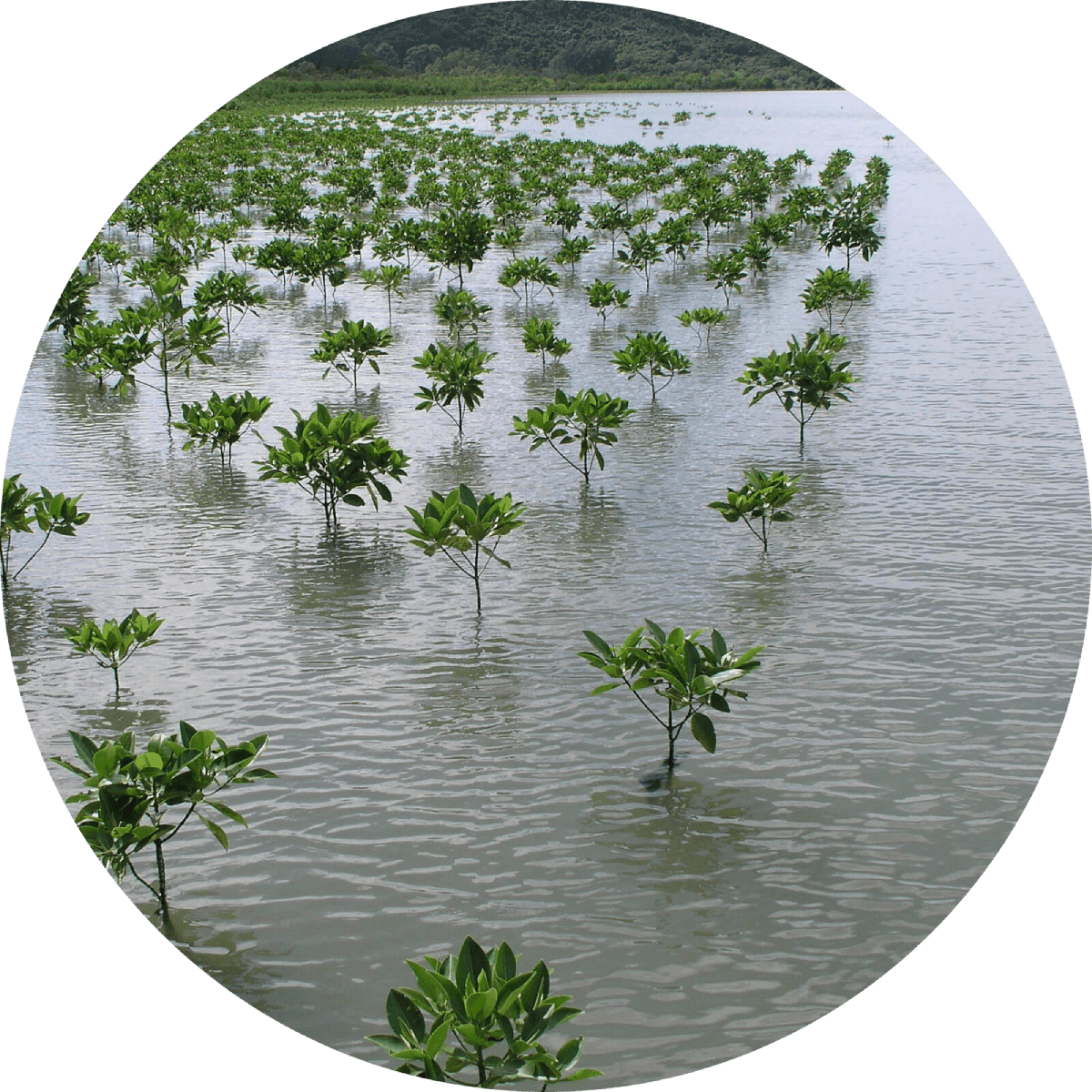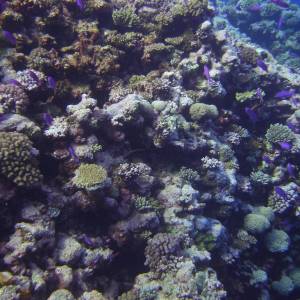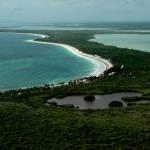Oceans Form
3.8 billion BCE • Earth
"Over vast periods of time, our primitive ocean formed. Water remained a gas until the Earth cooled below 212 degrees Fahrenheit. At this time, about 3.8 billion years ago, the water condensed into rain which filled the basins that we now know as our world ocean... Most scientists agree that the atmosphere and the ocean accumulated gradually over millions and millions of years with the continual 'degassing' of the Earth's interior... According to this theory, the ocean formed from the escape of water vapor and other gases from the molten rocks of the Earth to the atmosphere surrounding the cooling planet... After the Earth's surface had cooled to a temperature below the boiling point of water, rain began to fall—and continued to fall for centuries. As the water drained into the great hollows in the Earth's surface, the primeval ocean came into existence. The forces of gravity prevented the water from leaving the planet."
"Why do we have an ocean?" NOAA
Body of Water. public domain courtesy of Pexels user Lisa.


Learn about Maya Lin’s fifth and final memorial: a multi-platform science based artwork that presents an ecological history of our world - past, present, and future.

Discover ecological histories and stories of former abundance, loss, and recovery on the map of memory.

Learn how we can reduce our emissions and protect and restore species and habitats – around the world.

See how art can help us rethink the problems we face, and give us hope that each one of us can make a difference.

Help make a global memorial something personal and close to home. Share your stories of the natural world.


